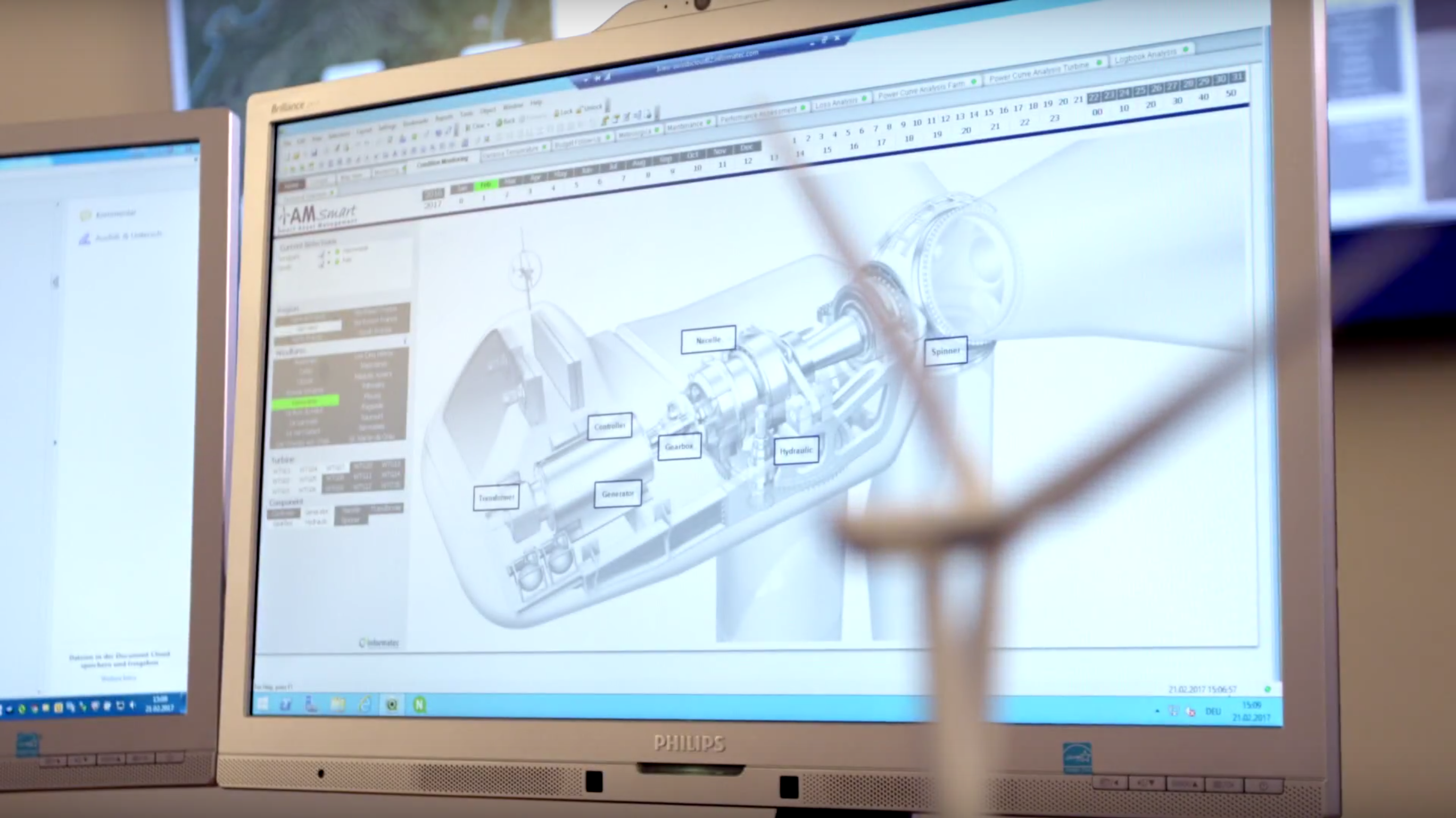Basel-based renewable energy provider IWB is embracing the benefits of digital transformation by adopting an innovative Microsoft Azure-powered IoT solution to improve the maintenance, costs and efficiency of its renewable energy stations in Europe.
The company’s IoT project – Remote Diagnostic & Monitoring Center” (RDMC) – powered by Microsoft’s Azure IoT and cloud service, enables IWB to monitor its European power plants in real time, in collaboration with partners Trivadis and Informatec.
By factoring in weather and wind forecasts, IWB can plan ahead for necessary maintenance and operate its entire power generation portfolio efficiently, while predicting and dealing with likely failures before they happen, increasing efficiency, and drastically reducing the downtime of individual turbines from 135 hours to a mere five hours.
“We can monitor our wind and solar facilities around the clock from Basel. With this data-based, intelligent and predictive solution, we are optimizing operation and maintenance of our power plants. And that also allows us to prevent costly downtime,” says Giuseppe Madia, Head of Power Generation Portfolio, IWB.
A system for Swiss energy providers

IWB is also offering its intelligent control system as a service to other utility companies and operators of wind and solar power facilities, providing an avenue for great market potential.
With the intelligent system, companies can monitor their own energy facilities in real time and optimize operational management. Madia adds that “By introducing this solution throughout Switzerland, we are offering interested utility companies and facility operators an effective instrument with which to meet the challenges associated with the ongoing restructuring of the energy supply.”
Intelligent and data-based control of consumption
For companies, capacity planning is crucial when it comes to renewable energy use. The more reliable data is available, the more intelligently supply and demand can be controlled and matched, cutting costs, while in turn benefitting the environment.
Soon, private customers with their own photovoltaic installations will also be able to benefit from the IWB innovation. The system will record the electricity households generate and feed into the grid – or the amount they sporadically take from it. By monitoring efficiency and detecting any possible malfunctions early, it will ensure proper operation of installations.
Madia states that “We are actively working on expanding decentralized production on a large and a small scale, and we want to help our customers to become even more efficient so that they can play their part in the energy transition.”




